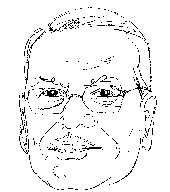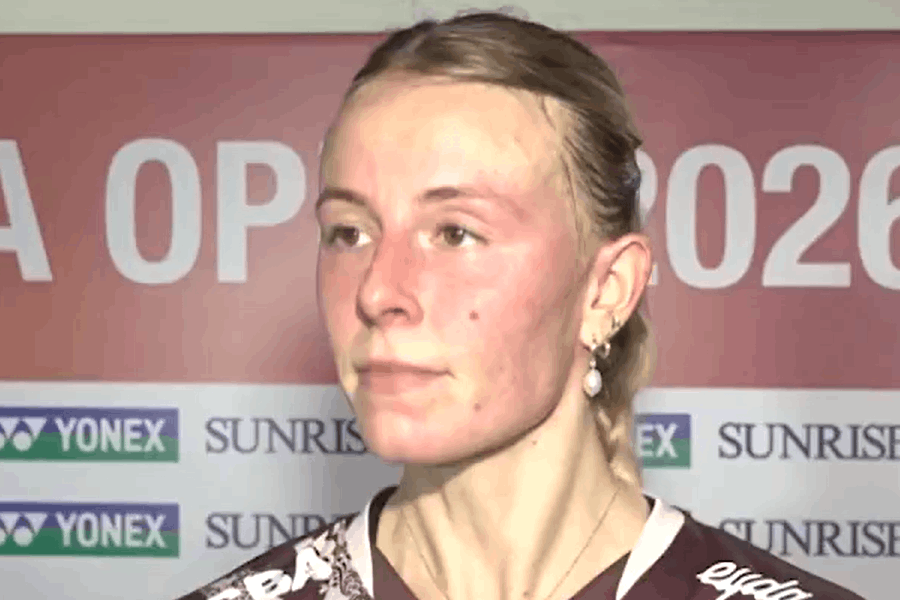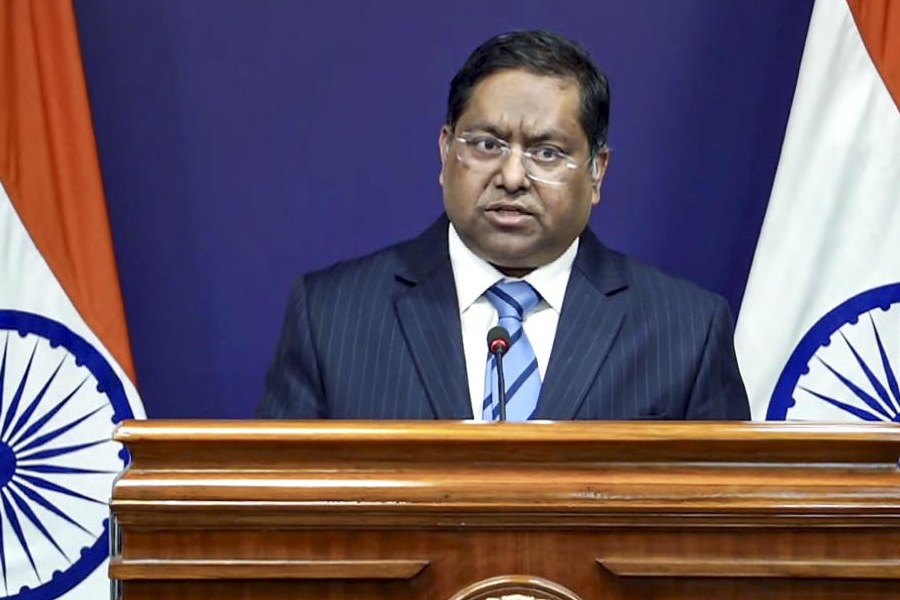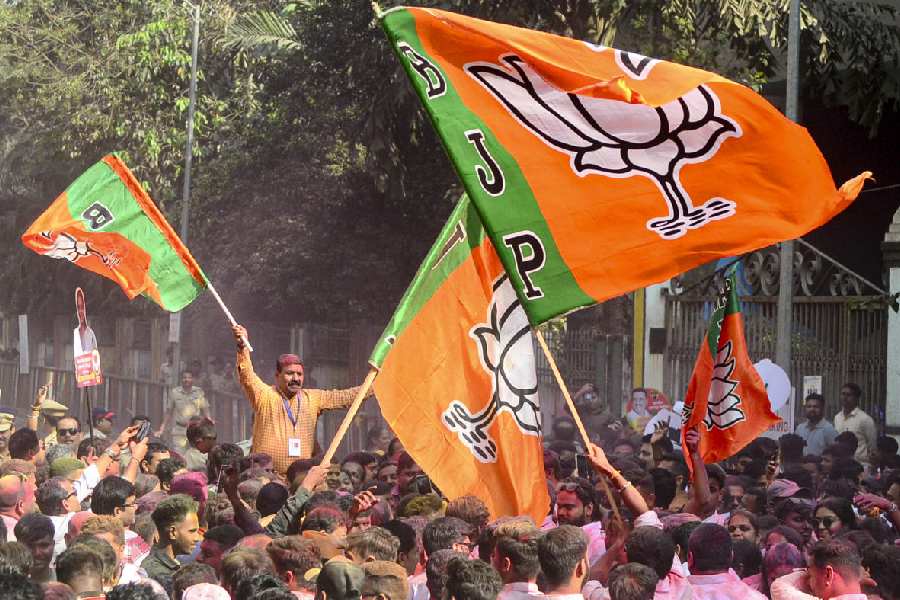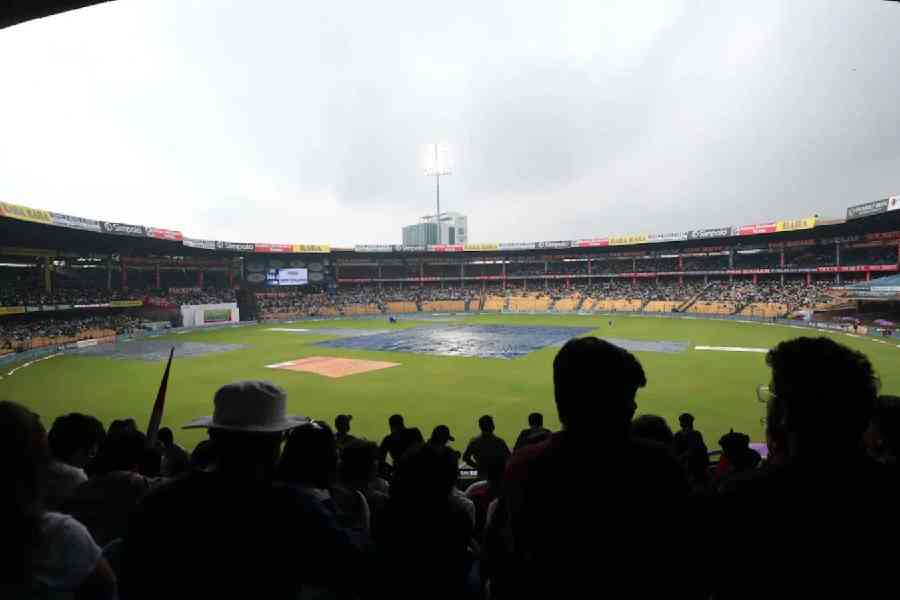
Yashwant Sinha seems miffed. A newspaper column by a sitting member of Parliament, recounting the many actors in the GST narrative, has hailed Vajpayee's "sagacity" in appointing an MIT-trained economist and finance minister of Communist Bengal to head the committee that was first assigned the task of designing the goods and services tax.
"What people don't know is that it was I who mooted the Empowered Committee of State Finance Ministers and the idea that it has to be headed by Asim Dasgupta who was then the West Bengal finance minister. In a way, the seeds of the GST council were sown during my time," says the man who held the finance portfolio once in 1990-91 and then again in 1998-2002.
It is a muggy July afternoon. We are in Sinha's house in a tony sector of Noida, sitting in his book-lined study. One wall of the room is covered with framed memories from Sinha's days as an active politician. But occupying pride of place is a black-and-white portrait of Jayaprakash Narayan, the socialist leader who led the struggle against Indira Gandhi and the Emergency in the mid-70s. Sinha started his own political career as a socialist in the mid-80s, soon after he quit the civil services and joined the Janata Party. Later, of course, he turned Right and joined the BJP.
Today, as always, the once-upon-a-time bureaucrat is impeccably dressed - starched white kurta-pyjama and a brick Nehru jacket. He is well plugged into the political scene and discusses current goings-on in the country animatedly. On the coffee table before us is a copy of the just-out book, The Future of Indian Economy - Past Reforms and Challenges Ahead, which he has edited. It is on the journey of the Indian economy since liberalisation.
There is no way of telling he will turn 80 this year. And when you suggest he's an angry old man, his irked demeanour dissipates. "I am not an angry man, I just speak my mind," he laughs.
Sinha claims he is "okay" with the current BJP leadership's decision of not giving him and other senior leaders, such as L.K. Advani and Murli Manohar Joshi, any major role in the party. But that does not mean he is going to mince his words.
He calls the GST implemented by the Modi government with much fanfare "flawed". "It has multiplicity of rates which is not a great idea. There should be three slabs at the most. But it is a huge step forward." According to him, the 7 per cent GDP growth too is nothing to crow about. "The economy is not growing at a pace the government is claiming it is. In my opinion, the growth is simply not there on the ground to create enough jobs. If the central government is claiming that we are growing at 7 per cent, I am of the opinion that we are growing at 5 per cent." He points to looming economic issues - jobless growth, persisting poverty, rising inequality - which he says, could worsen in the future.
He is not happy with the BJP's hardline position on Kashmir either. Instead, he recommends a "healing touch". "My visits to the Valley have only confirmed my worst fears. The people are getting increasingly alienated and we are losing ground."
Sinha's plainspeak does not end here. Next, he blames "sections of the media" for vitiating the atmosphere in Kashmir. "They are doing great national disservice by demonising the people of the state. When I watch these [TV] channels, it appears they are working with an agenda in mind."
You point out that there are allegations that the "agenda" is being set by some in his own party. "So, will the media crawl again like it did during the Emergency, as Advani ji said? Media is the fourth pillar of our democracy. It shouldn't become the handmaiden of the government," he says. Then adds, "But we are living in the age of post-truth and alternative facts." That's saying a lot.
Doesn't his son, Jayant Sinha, minister of state for civil aviation, ask him to pipe down, at least when it comes to the central government? The question, visibly, irritates him. "My son and I are two different persons. I am my own man, and nobody can change that. He should be judged by the work he does and not by what his father says or does."
Speaking of doing, the critique of the present is punctuated with bouts of nostalgia, especially from his time as FM. "The sequencing of the growth is very important. I deliberately chose to concentrate on investment in infrastructure projects in the form of national and rural roads, housing and telecom. Our formula was investment demand first and consumption demand as a by-product of investment. There was money in people's hands and the economy grew," says Sinha.
According to him, the UPA reaped the benefits. In fact, he calls 2005-08, the period when Manmohan Singh was the prime minister, the "golden period". The Indian economy grew at nearly 10 per cent then. But he also blames Singh for going into "panic mode" after the 2008 global crisis and grinding the economy to a halt.
The Singh-Sinha musical chairs had actually started even earlier. It was Singh who had stolen Sinha's thunder in 1991 when the Congress withdrew support to the Chandra Shekhar government in which Sinha was the finance minister.
Sinha claims he was ready with a budget that was more radical than the one presented by Singh a few months later as the finance minister under the late P.V. Narasimha Rao. "I felt greatly disappointed when I was prevented from presenting a reform-oriented budget that had been prepared. The country was facing the biggest economic crisis of independent India but politics trumped everything else." Singh garnered accolades.
The years may not have dimmed the memory, but they seem to have taken the sting off it. "It is the law of nature that the person who is on the spot takes the credit, as well as the blame. The credit that should have come to me went to my successor as he was the man on the spot," Sinha says with a shrug.
Time's trick, however, does not work on every memory, as we find out. There is a blame that rankles even after 25 years. This, too, dates back to 1991. India had mortgaged 20 metric tonnes of gold to meet the perilous balance of payments situation. The gold was flown out to Switzerland and Sinha, who was then FM, was accused of shaming India. "The gold was not from the reserves held by the RBI but confiscated from smugglers. That suddenly became pious. It was claimed that a national asset of great significance had been given away. Dr Singh was also compelled to mortgage gold later but that went largely unnoticed."
Sinha talks about India's worsening relations with China. He is disturbed by the recent developments. "We cannot have the western and the northern borders on the boil... we should sit across the table with China immediately."
I remind him how last year he had claimed that the people of India will "consign Modi to the dust in 2019", but he, very clearly, is not willing to reiterate that today. Instead, following my gaze, which has once again travelled to the JP picture, he says: "I don't relate to JP only politically, but emotionally and sentimentally. He was my icon from my childhood days. I always felt that from time to time we should have people like him. They represent the reserve force of this country and play their role when they are called upon."
Does the country need a person like JP now? He goes silent for a few seconds. "I definitely feel there is need for a popular intervention as far as J&K situation is concerned." Clearly in Sinha's scheme Prime Minister Narendra Modi doesn't fit that bill.
tetevitae
1958: Sinha completes his Masters in Political Science from Patna University and soon after takes up a teaching position there
1960: Begins what turns out to be a two decade-long career as an IAS officer
1984: Quits the civil services and joins active politics as a member of the Janata Party
When the Janata Dal is formed in 1989, he is appointed general secretary. Holds the portfolio of finance minister from November 1990 to June 1991 in Chandra Shekhar's Cabinet
1993: Joins the BJP. As FM in Vajpayee's Cabinet, in 2001, breaks the colonial tradition of presenting the Budget at 5pm and initiates the practice of presenting it at 11am. The book Confessions of a Swadeshi Reformer is an account of his years as FM
2004: BJP loses the Lok Sabha polls. Sinha too loses from Hazaribagh but gains entry into the Rajya Sabha. But after the LS defeat in 2009, a disappointed Sinha quits all his party posts and demands others do the same
Denied a ticket in the 2014 LS polls, Sinha is now among the sidelined party veterans.

